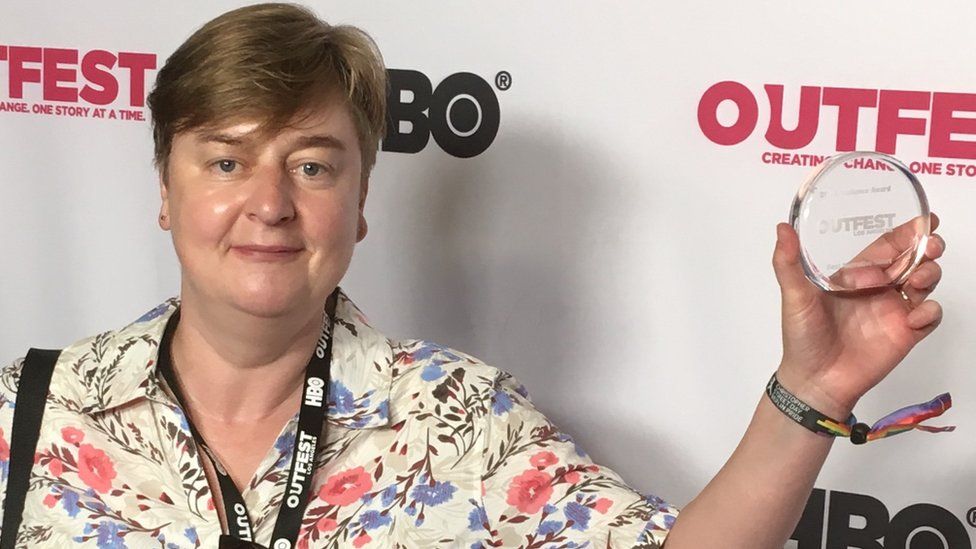L
isten towards elders. We were usually taught this raising upwards, however we rarely performed so. We had our personal way to carve completely.
It is not uncommon throughout levels of community for us to normally dismiss the opinions of seniors. The debate and discussion around the Marriage equivalence Postal research has seen no exception to this, with viewpoint becoming tried from a range of young couples and people who will be perhaps regarded as being of an age that will be many afflicted by a general change in the wedding Act.
We heard various elder voices becoming broadcast. They have been, but usually from people who would love to see matrimony equivalence accomplished, so they as well may wed. For many, there clearly was a desperate feeling of time running out. They’ve waited decades.
Those against or ambivalent toward wedding are not typically being heard within debate. I realize this. The audience is fighting more difficult than ever for an outcome and are usually unwilling to include fuel towards “No” fire, particularly from our own area.
Paying attention to their own views does, but lead us to an understanding of the reputation for equal liberties comprising the many years, and really should never be left out of our conversation. Versus shrugging all of them down, perhaps we could begin watching all of our elders through a lens which broadens our perceptions of our devote the timeline of activism and equality. In this situation, perhaps it is the right time to pay attention to our very own elders.

I
n 2015, David Hardy introduced the stunning anthology
BOLD: stories of earlier homosexual, lesbian, bisexual, transgender and intersex folks
. It permitted for tales getting heard from all those who have been residing calmly for many years. We added to this assortment of stories with a piece to my precious buddies Phyllis and Francesca. These women continue to be proud feminists, and from 1970 onwards, if they started life together as several, they invested a lot of time encouraging lesbians have been searching for a feeling of belonging, and associations. Inside my portion, We give some perspective on the problems worth focusing on to this generation of activists.
“â¦we want to keep in mind priorities happened to be different to the lesbians of Phyllis and Francesca’s period. There have been those perhaps not promoting for wedding between same-sex partners in 1970, plenty just attempting to raise the general public profile of lesbians and handle the social stigma connected⦠the goals regarding the ALM (Australian Lesbian activity) and other gay and ladies’ liberation teams happened to be greatly different to numerous organisations now with a present give attention to marriage equality.”
Exactly what had been the opinions towards wedding much more generally? Lots of have actually reflected that relationship was seen as a failed and impaired organization, but in addition as symbolic of ladies inequality in society. Not only had been a lot of lesbians in opposition to standard agreements, but thus also happened to be feminists more broadly, despite their sex. As I learned:
“Lesbians had been effective forces in feminist motion into the seventies, and matrimony was viewed as symbolic of the oppression of females becoming left alongside magnificence containers and corsets.”
The point that the trans pals are left out for the legislative picture can also be a stumbling-block for a lot of competitors of relationship inside our community, and that I know Phyllis and I also have mentioned this extremely concern. We dare state this must certanly be the next goal.
Without a doubt, whilst we’ve got a great deal to understand from our LGBTIQ elders, admiration is a two way street and in addition we since more youthful queers have actually a great deal to train. How much does matrimony indicate to us? For a few, truly symbolic of the conclusion heteronormativity plus the finally unicorn of equivalence! It’s a juggernaut which has now merely come too much to let it vanish into a political wasteland. We’ve endured excessively misuse so that it relax.
H
ow we view all of our elders, in addition to their encounters as well as their place in the queer community â plus broadly â is definitely worth negotiating today.
Archer Magazine
has, in concerted tries to be including all, been one program that places the sex and connections of seniors when you look at the limelight. Our parents have a sex existence, they’ve needs, viewpoints and encounters we ought to be concerned with. In the end, how exactly we treat the elders is an obvious and stark glimpse into our personal futures. Do you actually like everything see?
Easily could, i might set right up more youthful LGBTIQ men and women each with an elder guide, just like the advantageous assets to this union might possibly be extensive both for events. We may not necessarily like exactly what our very own parents tell us, but it’s nonetheless well worth a listen. As relationship equivalence argument concludes, this might be a lesson we should instead find out for our future battles.

Belinda provides a desire for storytelling and spoken term poetry, with a passion for queer background and stories of identification, migration while the urban landscaping. In 2014, she along with her companion Cecile Knight released the self-published publication CO_The Creative partners Project. She has already been printed for the Victorian journalist, n-SCRIBE, Mamamia.com, writingqueensland.com while the 2015 anthology BOLD: tales from earlier lesbian, homosexual, bisexual, transgender and intersex people by David Hardy, posted from the rag-and-bone guy Press, and interviewed on SBS Italian radio talking about exactly the same gender relationship postal vote as a queer Italian-Australian (soon to-be broadcast). In 2017, Belinda had been selected for the operate Writers Centre HARDCOPY expert development program for Non-Fiction for her current manuscript, our home because of the Columns.
